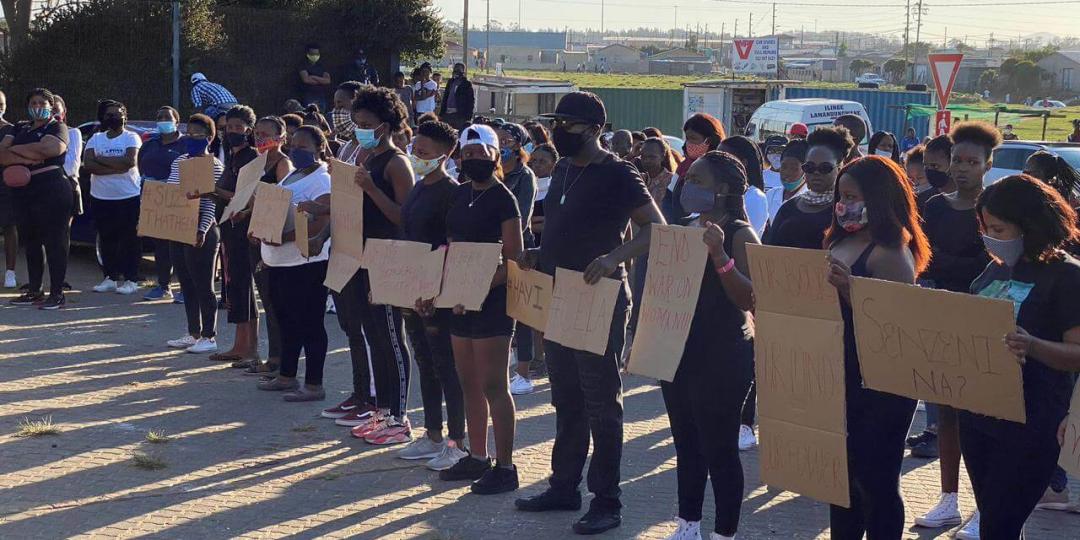The tourism and eco-tourism sector has been particularly hard hit by the COVID-19 lockdowns and border closures, yet organisations from any industry can contribute towards rebuilding the sector by using incentives such as the Youth Employment Service (YES).
This is the opinion of Emma Montocchio, a consultant at Decusatio, a local consulting firm working with entrepreneurs to tackle access to finance and markets.
The YES incentive out of the Department of Trade, Industry and Competition (DTIC) rewards organisations who create youth jobs with the opportunity to move up two full levels on their B-BBEE scorecard, she says.
The Tourism Sector Recovery Plan aims to get the sector back to 2019 levels by 2023. “As part of this plan, the inclusion of women and youth are key to rebuilding the sector and we look forward to engaging with partners on these projects,” she adds.
“The YES initiative reported to stakeholders that February was one of the busiest months since its inception, partly because organisations who delayed their 2020 programmes now have overlapping programmes for Year 2 and 3.”
Montocchio says COVID-19 has had a major impact on B-BBEE scorecards, as a number of major black-owned suppliers were crippled. “This had a knock-on effect on organisations needing to report on their B-BBEE and procurement. Banks, insurers and miners are putting a lot of pressure on their supply chains to ensure they are at least Level 4 and this is where YES can be a powerful incentive.”
In a struggling economic environment, the most expensive way to approach Enterprise and Supplier Development (ESD) is through short-term backing of projects, she says, so many funders are trying to see through the crisis. “As profits recover, this will drive the recovery of ESD spend.”
One trend Montocchio has noticed coming through strongly is how the mining companies in many regions are starting to build strategic projects with the tourism players in their sectors.
“In terms of their Social Labour Plans (SLPs), they need to engage with local communities and the mining companies are making money while their counterparts in tourism have no money. They are working hard to come up with partnerships to absorb some of the youth who have been retrenched from traditional tourism jobs.”
How YES works is that the youth funded by an organisation don’t have to work directly inside the organisation, she says. “If you are passionate about eco-tourism, you can deploy them into a series of tourism and eco-tourism jobs. We recently placed 14 youth at the Kwa Madwala Private Game Reserve sponsored by a Gauteng-based organisation. The sponsor gets a win on the B-BBEE scorecard while the resort gets funding for staff.”
In terms of organisations getting involved, a lot of it is marrying up the sponsors with the eco-tourism partners who will manage the youth on a day-to-day basis, she adds.
The YES incentive is for corporate sponsorship as opposed to the Tourism Equity Fund, which is a loan/grant facility. “YES is focused on the creation and funding of 12-month work experiences bundled with ESD.”
Localisation and building up local capacity rather than depending on international supply chains has been another global trend emerging from the pandemic, she continues.
“As a legacy issue, South Africa has long had many industries that enjoyed dominance due to vertical and horizontal integration. The pandemic has re-set some industries and we see this as an opportunity to introduce new players making use of various incentives and funding mechanisms.”
How to get involved
With youth unemployment running at nearly 65% in many of the tourism-focused areas, Montocchio cites a few examples of YES programmes where corporate sponsors can contribute to re-building the tourism sector.
“With foreign tourism income being pulled out of the sector, anti-poaching and wildlife monitoring projects quickly became under-funded. As restrictions begin to ease, there is a lot of capacity for funding these kinds of projects.”
The hospitality sector also allows youth without tertiary qualifications or a university entrance pass to enter the workforce and get valuable work experience, she says.
Another opportunity is to integrate ESD with a YES investment to help young women establish either a spa, or an innovative low-water usage laundry service.























